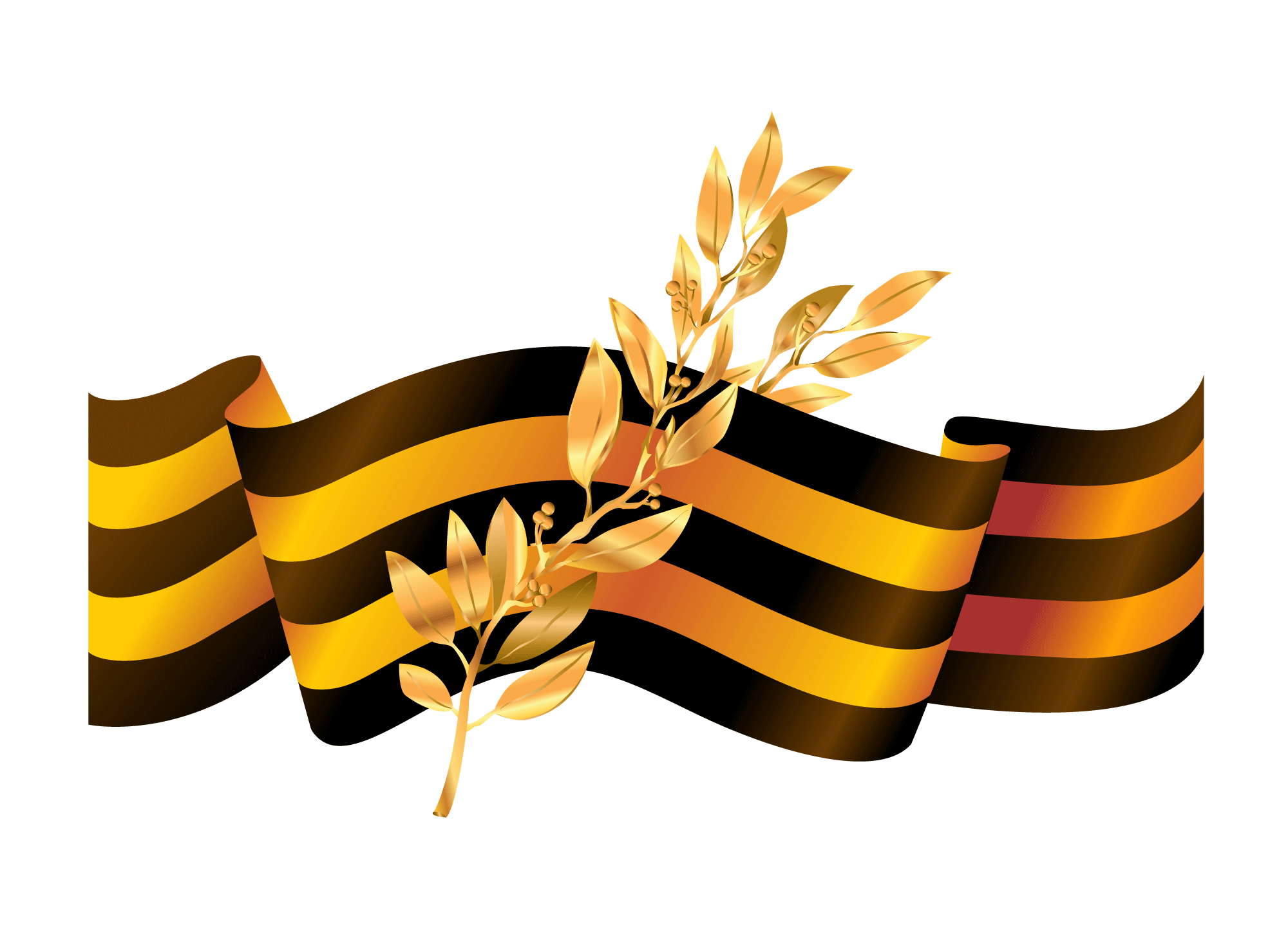Между молнией и обожанием
Лоис П. Джонс
(после музыкальной инсталляции в Descanso Gardens, «Небо под нашими ногами» Питера Уайера - для Джорджа Флойда)
https://youtu.be/MeecZa0xKzI
i. Есть повод для фразы: буйство красок. Стань свидетелем ярости маков, кроваво-красного падуба на фоне восковых листьев, затаившего дыхания оленя...
темной раны на его боку, где еще не отросли волосы.
ii. Весна никогда не приходит спокойно: поговорим о нападении ирисов и их жестких языках; поговорим о пионах, растущих на весу из скалы.
iii. Азалиях, крабовых яблоках, плакучей вишне (ее снежном фонтане),
побежденном розами (их тихими сердцами). Я снимаю маску,
чтобы зарыться лицом в их складках.
Рильке сказал: Вижу тебя, роза, как полуоткрытую книгу,/
в ней так много страниц / подробного счастья / мы никогда не прочтем.
iv. Кто может их читать? это не слова, не пиктограммы и не кандзи, не руна;
от руны — лишь секрет или шепот. От гэльского — тайна, намерение.
v. Следую за пением птиц в сторону леса. Проследите мотив от первой ноты до короны
дубов Артахе Арте Арейкс Арейшу
— Голоса звенят в небе под моими ногами.
Вот язык Элеоноры Аквитанской. Багажник,
чучело, раскрывающее свой орлиный профиль,
кора отслаивается до грибной патины.
Кто-то связал глаголом шелка и росы — вуаль в аббатстве Фонтевро.
То, что дышало, будет дышать снова.
vi. Sowulo, ты последняя песня,
солнце души — я слышал твою музыку в созвездиях, когда
звезды встали на колени в небесах
и посмотрели мне в глаза;
в черном небе
они висели на невидимых струнах;
что-то ускользнуло из нежности
его тела и коснулось меня.
* Слова «Artahe, Arte, Areix и Areixo» означают либо дуб, либо вечнозеленый дуб на аквитанийском языке, древнем предшественнике современного баскского языка.
BETWEEN FULMINATION AND ADORATION
Lois P. Jones (after the music installation at Descanso Gardens, “The Sky Beneath Our Feet”
by Peter Wyer for George Floyd)
i. there is a reason for the phrase a riot of colors. witness the fury of the poppies
the blood red holly against the wax leaves. a deer scavenges just a breath away—
a dark wound mapped to his flank where the guard hairs did not grow back.
ii. spring does not enter quietly let’s talk about the assault of the irises and their harsh
tongues. let’s talk about the peony held down by the weight of the rock.
iii. azaleas, crabapple, weeping cherry tree (snow fountain)
overcome by roses (their quiet hearts) I remove my mask
and bury my face in their folds.
Rilke said I see you, rose, book half-opened,/
having so many pages/of detailed happiness/we will never read
iv. who can read them? these are not words, nor pictograms, nor kanji. a rune?
from runa—secret or whisper. from Gaelic—secret, intention.
v. I follow the singing toward the forest. trace the motif of a single note to the crown
of the oaks Artahe Arte Areix Areixo
—voices ring the sky beneath my feet
here is the tongue of Eleanor of Aquitaine. the trunk
an effigy revealing the aquiline profile,
bark peeled back to a mushroom patina.
someone has knit her a verb of silk and dew—the veil at Fontevraud Abbey.
what breathed will breathe again.
vi. Sowulo you are the last song
sun seat of the soul—I heard your music in a constellation when
stars kneeled from the heavens
and looked into my eyes
how black the sky
how they hung from invisible strings
something escaped the tenderness
of his body and touched me
* The words ‘Artahe, Arte, Areix, and Areixo’ either mean oak tree or evergreen oak in Aquitanian, the ancient forerunner of modern Basque.
Copyright © 2022 by Lois P. Jones. Originally published in Poem-a-Day on September 28, 2022, by the Academy of American Poets.
Свидетельство о публикации №122110804002

